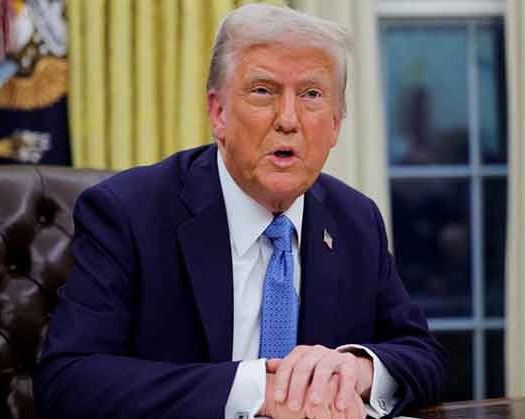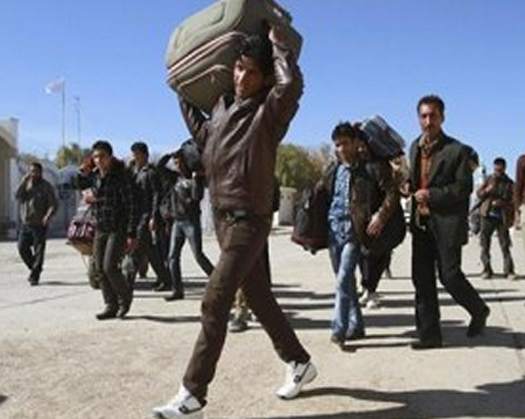Washington, DC: On Thursday, the Trump administration submitted a series of emergency appeals to the US Supreme Court, aiming to gain approval for its initiative to terminate birthright citizenship, as reported by CNN.
In these appeals, the administration argued that lower courts overstepped their authority by issuing injunctions against the policy and requested the Supreme Court to limit the effects of those rulings.
Earlier in January, a federal judge described the executive order as "blatantly unconstitutional" and halted its enforcement. Shortly thereafter, a judge in Maryland emphasized that Trump's initiative "contradicts our nation's 250-year tradition of citizenship by birth."
Appeals courts have dismissed the Trump administration's attempts to pause the lower court orders that imposed nationwide injunctions on the executive order signed on January 20, the first day of his presidency. Courts in Maryland, Massachusetts, and Washington have all issued rulings blocking its enforcement at the behest of over 20 states, two immigrant rights organizations, and seven individual plaintiffs, according to CNN.
The appeals to the Supreme Court do not directly address the constitutionality of the policy. Instead, the administration is making what it describes as a "modest" request to narrow the scope of the injunctions. If the Supreme Court approves this request, it would enable the Trump administration to enforce its executive order against individuals not involved in the ongoing litigation.
In its emergency appeals to the Supreme Court, the US Justice Department stated, "Universal injunctions have reached epidemic proportions since the start of the current administration."
"These universal injunctions prevent a Day 1 Executive Order from being enforced anywhere in the country, affecting 'hundreds of thousands' of unidentified individuals who are 'not before the court nor identified by the court'," the US Justice Department noted in the emergency appeals.
The Trump administration has asked the court to permit it to provide guidance on how it intends to implement the policy.
The administration argued that the executive branch previously held an "incorrect position" in the 20th century, believing that the citizenship clauses granted birthright citizenship to nearly all individuals born in the United States, including the offspring of illegal immigrants and those present temporarily. It further stated that this approach to near-universal birthright citizenship incentivized illegal immigration, as reported by CNN.
The Supreme Court is expected to establish a briefing schedule that will require prompt responses from those who opposed the Trump administration's stance.
In one of his initial actions as the 47th president of the United States, Donald Trump signed an executive order aimed at abolishing "birthright citizenship," which automatically grants American citizenship to anyone born on U.S. soil.
Trump's order intends to modify the existing rules to prevent citizenship from being granted to children of migrants who are either undocumented or hold temporary visas. This policy will apply to children born on or after February 19 and will not have retroactive effects.









